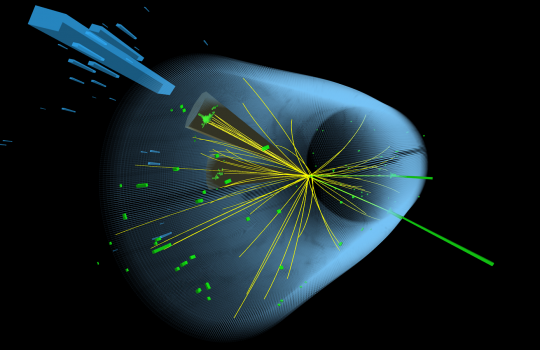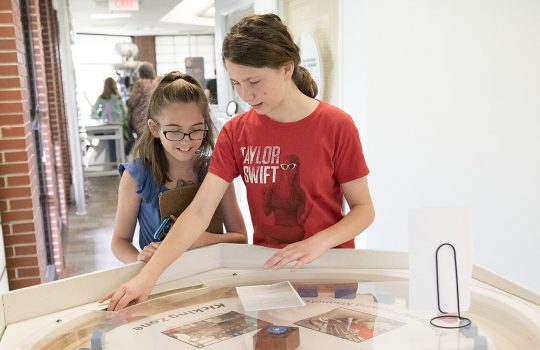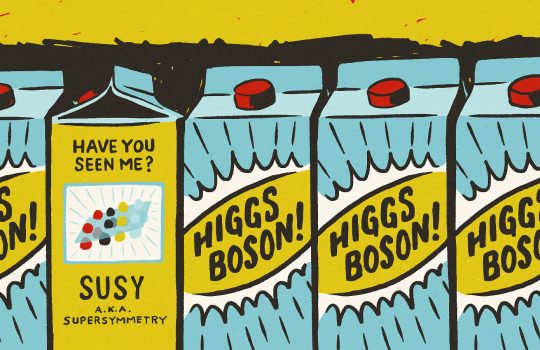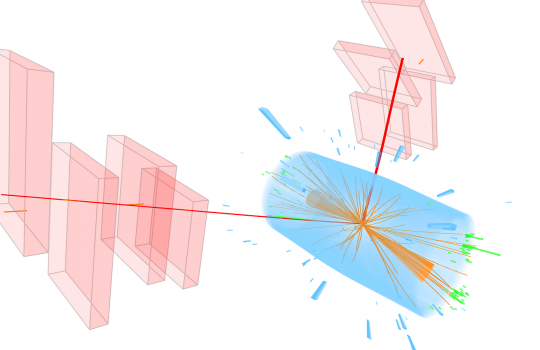Leptoquarks, the Higgs boson and the muon’s magnetism
From CERN, June 15, 2021: A new study shows a class of new unknown particles that could account for the muon’s magnetism, known as leptoquarks, also affects the Higgs boson’s transformation into muons.





